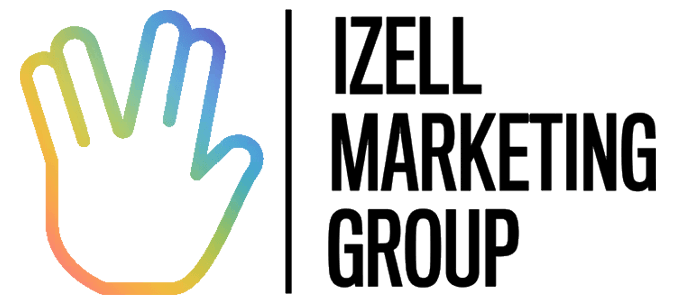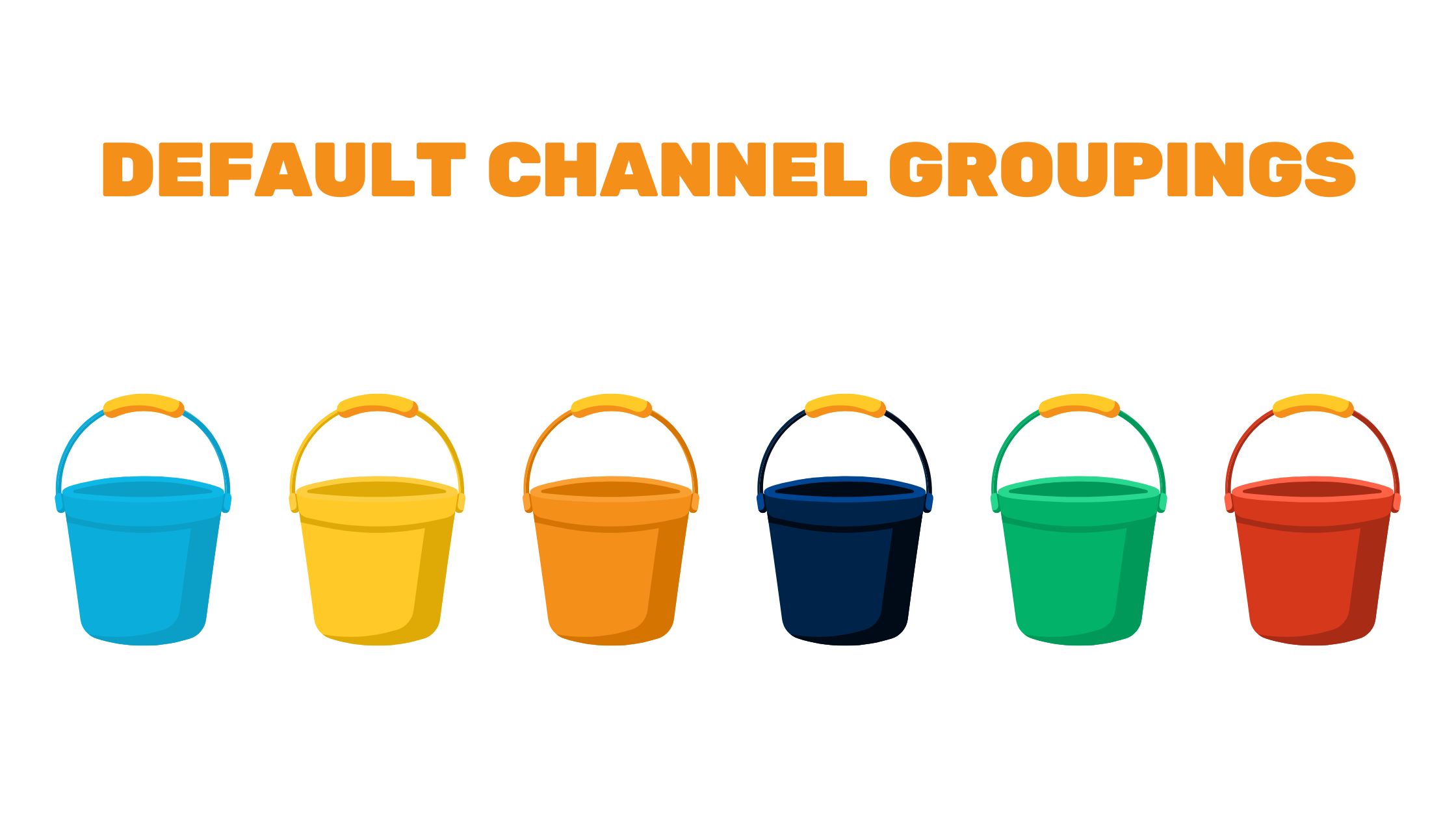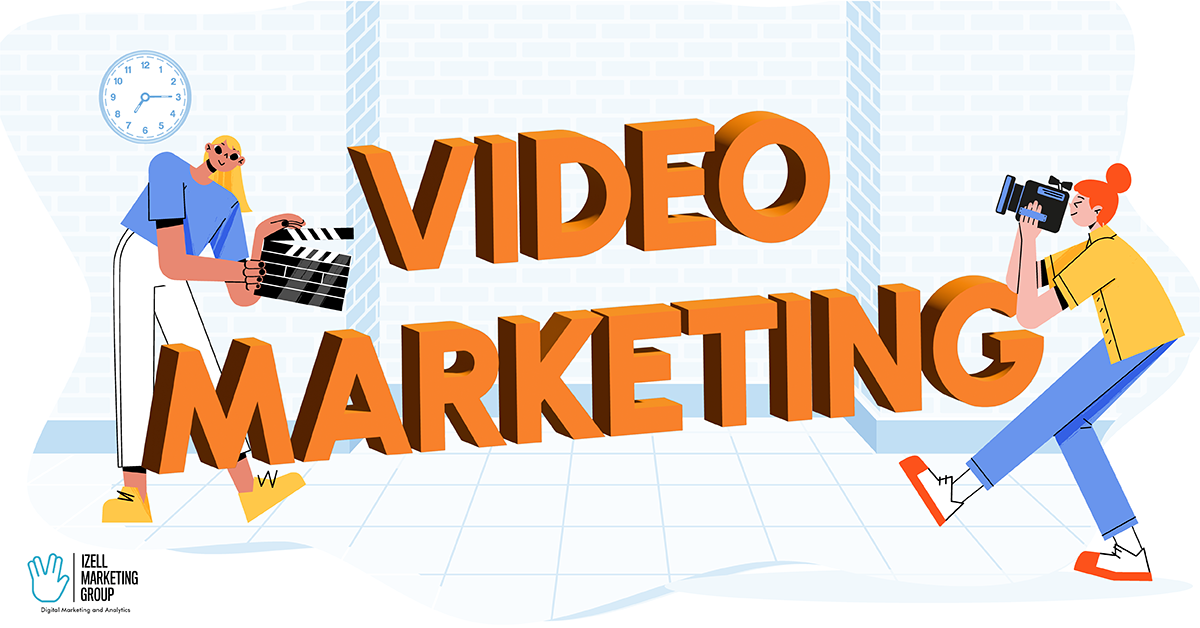If you’re using Facebook Ads in your marketing, your PPC performance dashboard from Izell Marketing Group will include data from both Google Analytics and Facebook Ads. Our PPC experts will use this data to make informed and holistic decisions about ad performance and the conversion paths of your customers.
Since your Facebook Ads reports and your Google Analytics reports may show different numbers, you should be aware of the reasons why. One big reason is the difference in tracking methods. Google Analytics uses primarily cookie tracking to link multiple sessions and clicks to the same user, although it has cross-device tracking methods in beta based on a signed in Google Account. On the other hand, Facebook Ads tracks based on the Facebook user’s profile, and so has better cross-device tracking, as long as that user is logged in to Facebook on both devices used.
Because of this, we monitor the spend and the success of your campaigns primarily through Facebook’s ad platform, because of the cross-device tracking, and also because many campaigns have objectives that take place entirely within the Facebook platform, such as Facebook lead generation or event promotion. These conversions are accomplished without a user ever visiting your site, and so this traffic is not captured in Google Analytics.
Facebook also considers view-through conversions and click-through conversions, information which is not available through Google Analytics. Click-through conversions are simple enough – a user sees your ad, clicks your ad, and signs up or purchases something on your website. Facebook Ads will give credit for that conversion to the ad that you clicked on, and Google Analytics will show that the traffic for the conversion came from a click on a Facebook Ad. But when a user sees the ad and doesn’t click, then later visits your site directly or through an organic search, this method of acquisition is what will show in your Google Analytics report – direct or organic. Google Analytics will not know that a view of a Facebook Ad potentially influenced the visit.
We cross-reference this to data from Google Analytics to better understand the longer paths to conversion, and to avoid mistakenly overestimating Facebook Ads performance. One thing to be aware of is that if a user sees or clicks multiple Facebook Ads before a conversion, the conversion will be attributed to each ad viewed or clicked. Depending on the way you view a report, that can make it seem like there were more conversions than there actually were.
By monitoring the performance holistically and through every available data source, we uncover insights from multiple perspectives, avoid bias, and can tailor your strategy for success.




